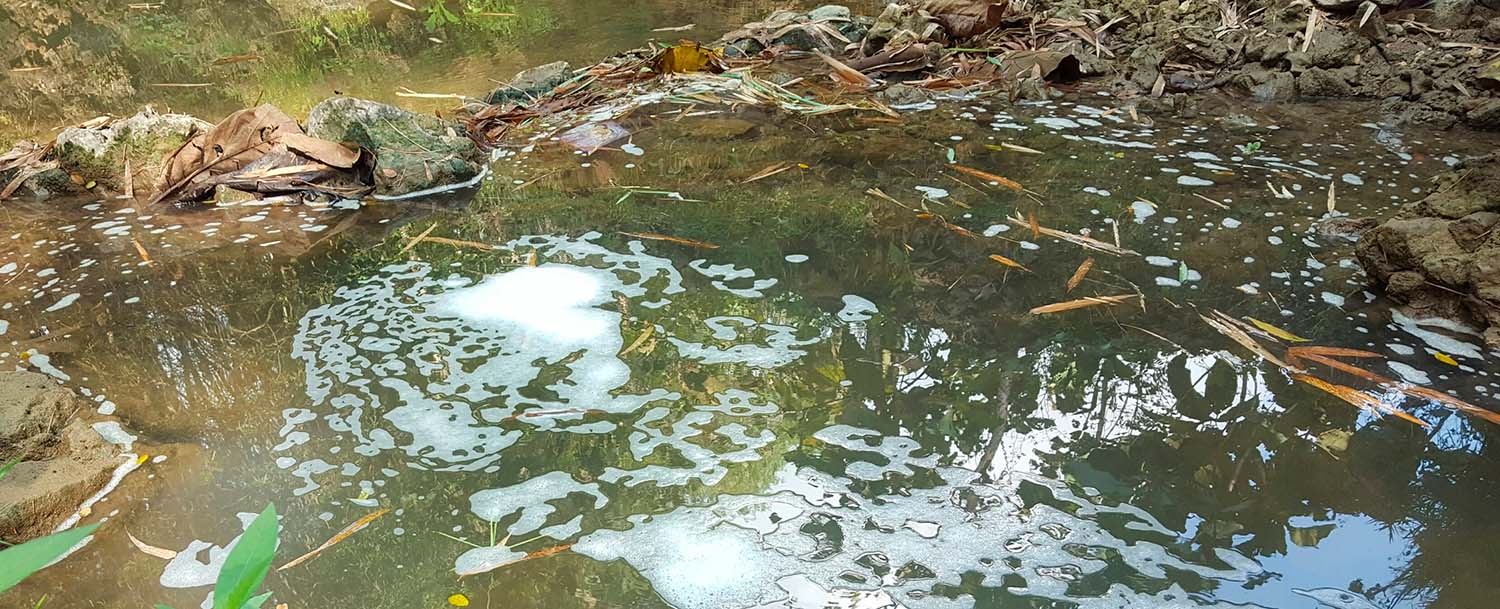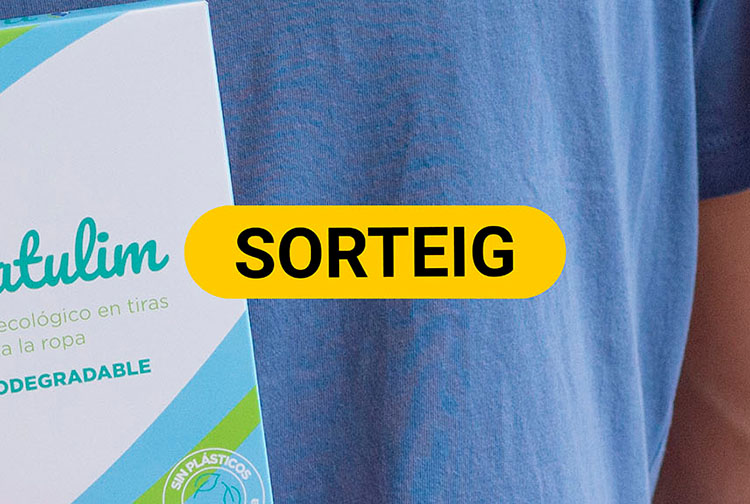

Reducing the environmental impact of detergents
The detergents we use to do everyday tasks, such as washing dishes or running a washing machine, are a basic commodity we cannot do without. But perhaps we are not sufficiently aware of the environmental impact of conventional detergents and how small changes in our consumption habits can help preserve the planet’s water resources.
Ever since soap was first used to wash clothes, it has left its mark on the environment. However, it was not until 1907, when the German company Henkel started selling the first powder detergent, Persil, adding perborates, silicates, and sodium carbonates to traditional soap, and a few years later with the massive introduction of synthetic detergents that a serious environmental problem was created.
These are chemical products with complex formulas containing ingredients that have several functions beyond the actual cleaning action. Some of the most common ingredients in conventional detergents can be highly harmful to the environment, but there are alternatives on the market to consider.
Biodegradable does not always mean environmentally friendly
As with “eco” product labels, when some detergent manufacturers use the adjective “biodegradable” as a marketing claim, these are often products that only meet minimum legal requirements, but are not necessarily 100% biodegradable detergents.
While, for example, in 2004 the European Commission banned detergent manufacturers from using surfactants for household cleaning products that do not readily biodegrade, other potentially toxic ingredients, such as phosphonates or optical brighteners, are not required to meet any biodegradation standards.
That said, it is true that there are ecologically produced, mostly biodegradable detergents containing plant-based raw materials that are much safer for our health and do not affect water purity as negatively. They are generally free of phosphates and parabens, and no unnecessary colourants are added.
Sustainable packaging and transport
Dishwasher and laundry detergents often come in plastic packaging that is generally not reusable or recyclable. In a world where more than 300 tonnes of plastic are produced daily, we cannot ignore the volume of plastic waste from the monthly purchase of household detergents.
In this respect, a growing number of manufacturers of eco-friendly detergents are also taking measures to reduce the environmental impact of their products’ plastic-free packaging, transport, and production logistics.
Bearing in mind that 80% of liquid detergents are water, and the consequences for the environment that this entails in terms of fuel consumption and CO₂ emissions emitted during the transport of these products, the boom in concentrated, solid, and strip detergents among people who practice conscious consumption is understandable.
If you want to wash your clothes without polluting the planet, 11Onze Recommends Natulim.
Leave a Reply
You must be logged in to post a comment.





Ja fa mig any que l’utilitzo ,es comode,pràctic, deixa la roba neta I suau
I ara probare el fregaterra
Doncs jo també l’hauré de provar!
Merci
A tu, Jordi!
👌
🙌
La veritat és q Natulim, es un producte còmode d’utilitzar, el reps a la bústia en envàs de cartró i es tant eficient o més q un de convencional.
Carai Manuel, jo ja tinc ganes de provar-lo!! Moltes gràcies per explicar-nos la teva experiència.